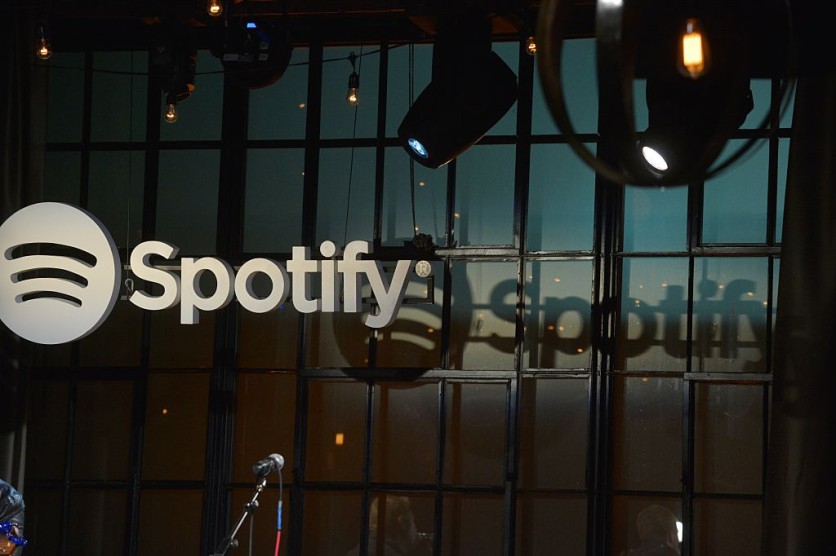In a surprising turn of events, Spotify's podcast investment strategy is seen, revealing a substantial allocation of resources towards podcasts that surprisingly lack verbal communication. This investigation discloses the potential for a remarkable $38 million increase in Spotify's annual gross profit.

Banning White Noise Podcasts
Spotify has been allocating substantial resources to podcasts devoid of spoken content. The Verge reported that the highlights that by guiding users away from the so-called white noise podcasts, the company stands to boost its annual gross profit by a staggering $38 million.
These unique podcasts feature a variety of repetitive, soothing sounds, such as static, ocean waves, or rainfall. Surprisingly, they have gained more popularity than anticipated. One contributing factor to their widespread appeal is that Spotify has inadvertently been promoting them through its algorithmic emphasis on 'talk' content over music.
As the popularity of white noise podcasts on Spotify gained traction, the company contemplated a strategic shift. This involved the possibility of eliminating such shows from the talk feed and imposing restrictions on future uploads.
Instead, Spotify intended to guide its audience toward alternative content that offered a more cost-effective approach. According to internal documents, executing this strategy could potentially enhance Spotify's annual gross profit by an impressive €35 million, equivalent to $38 million.
Spotify's encounter with the issue of white noise podcasts draws parallels with an ongoing discourse within the music industry. Universal Music Group's CEO, Lucian Grainge, and Warner Music's CEO, Robert Kyncl, have both expressed dissatisfaction with the inclusion of noise-filled tracks that compete for compensation from the same royalty pool shared by their prominent music artists.
However, what these industry leaders, and perhaps even Spotify, might not have fully grasped is the unforeseen consequence of the streaming giant's podcast venture.
Slash Gear reported that this shift has not only diverted listeners' attention from artists like Drake and Ed Sheeran but has also led them towards the soothing embrace of white noise soundscapes, essentially disengaging them from the music ecosystem entirely.
While Spotify currently assures the safety of white noise podcasts on its platform, this status might not remain constant. As Bloomberg reports, certain white noise podcast creators have raised concerns after observing their episodes mysteriously vanish from the platform.
Investing to Podcasting
In 2019, Spotify made a strategic move by acquiring the podcast creation application, Anchor. This acquisition aimed to provide a platform for aspiring sports podcasters and talk show hosts to not only reach a wider audience but also capitalize on their discussions by engaging with the masses.
Creators behind these non-traditional "podcasts" generate revenue from the advertisements aired during their episodes. Bloomberg reported that white noise podcast creators could earn around $18,000 annually from Spotify-placed ads. More recently, based on internal documents, white noise podcasts accounted for an astonishing 3 million daily consumption hours on Spotify as of January 2023.
Related Article : Spotify, Patreon Team up to Help Podcast Creators Grow Their Audiences

![Apple Watch Series 10 [GPS 42mm]](https://d.techtimes.com/en/full/453899/apple-watch-series-10-gps-42mm.jpg?w=184&h=103&f=9fb3c2ea2db928c663d1d2eadbcb3e52)



